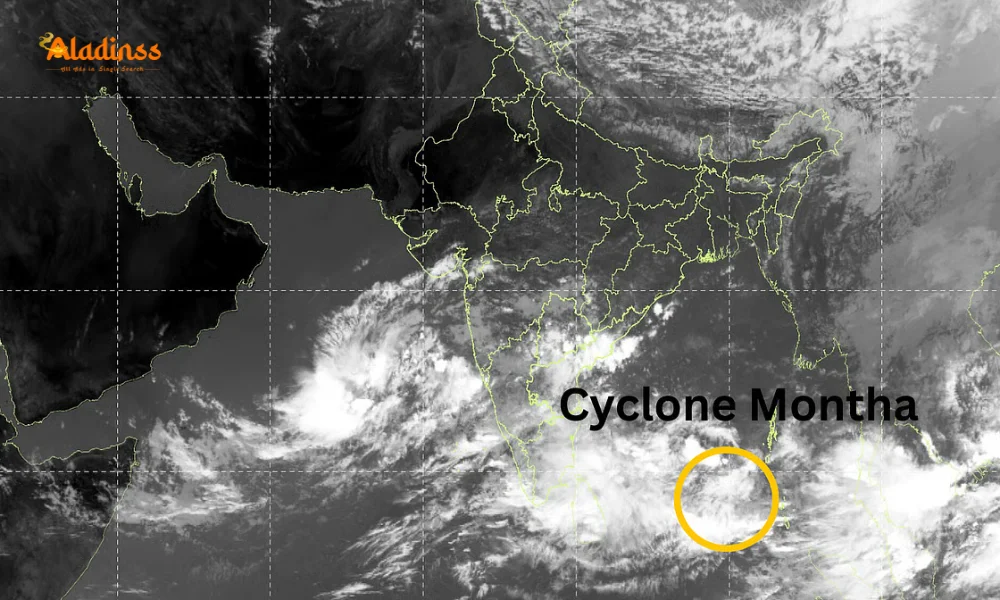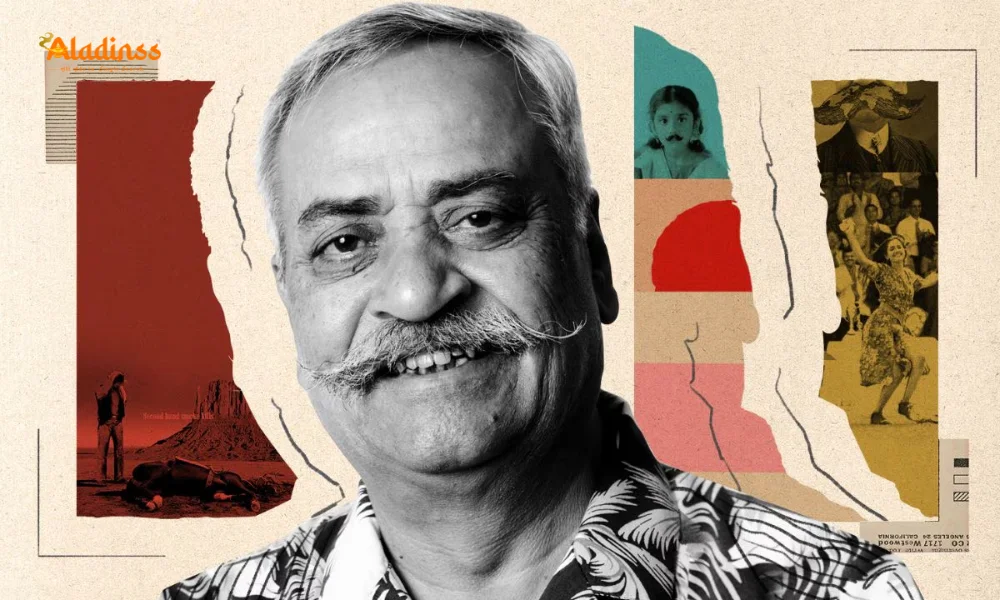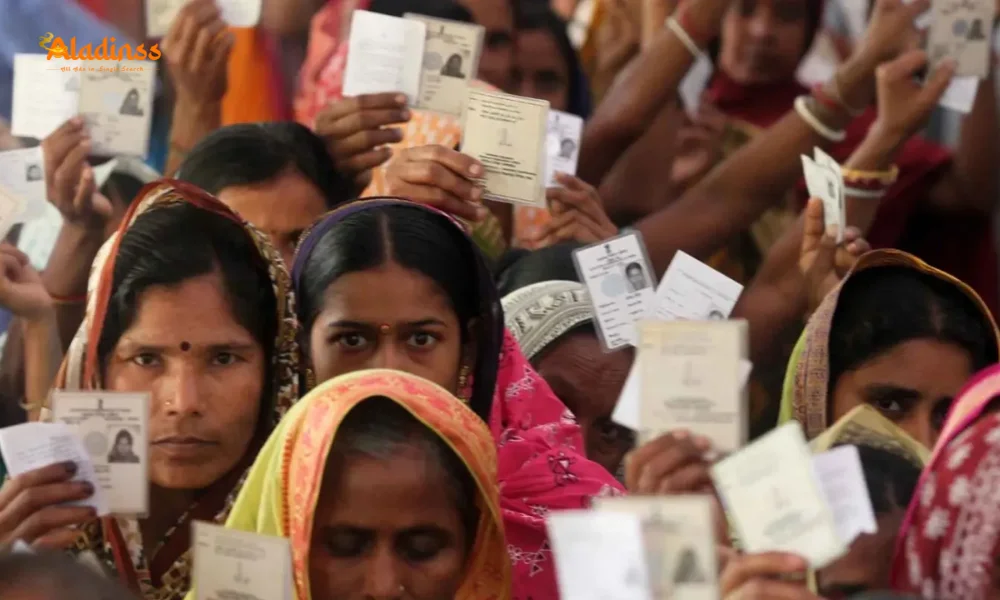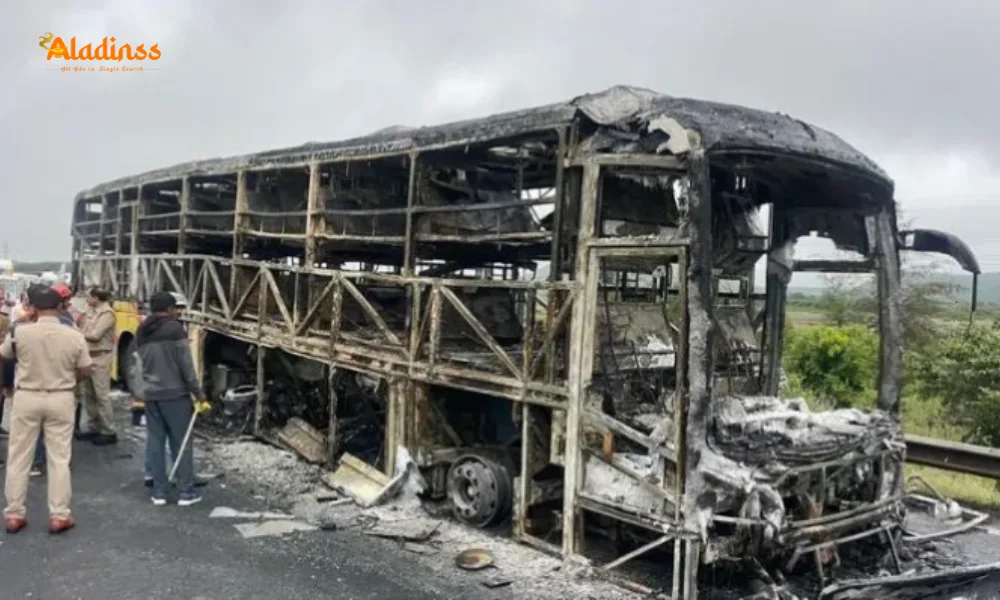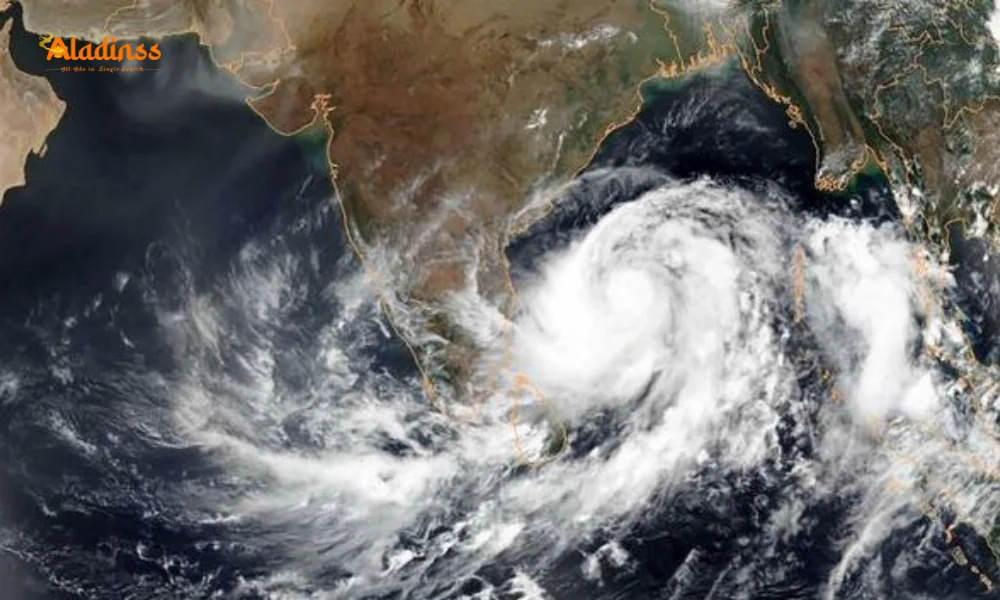India Supports Trump’s Gaza Ceasefire Plan as Urgent Talks Intensify
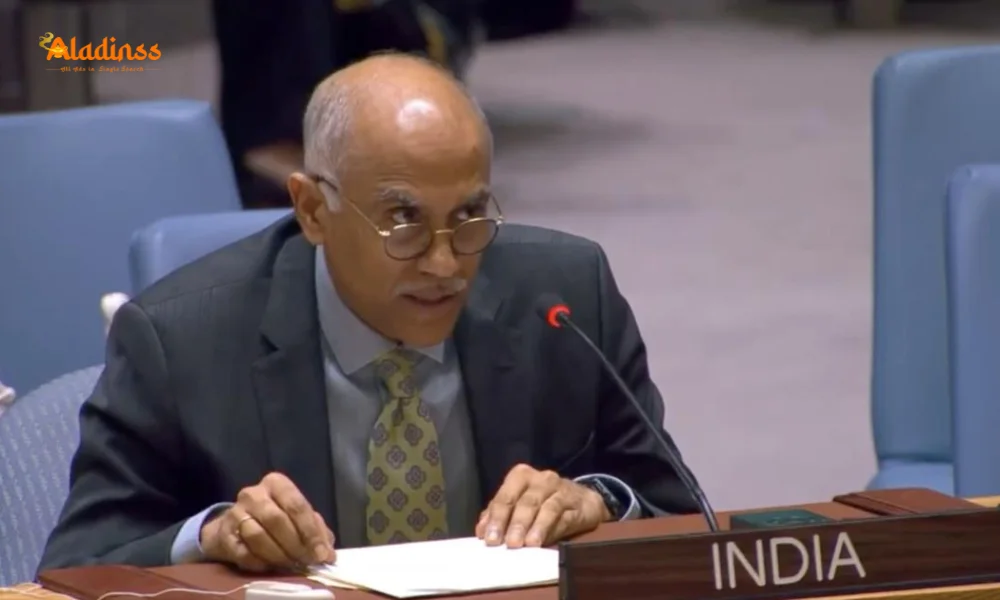
India Hails Trump’s Gaza Ceasefire Deal, Urges Continued Talks
India has praised the Gaza ceasefire agreement brokered by US President Donald Trump, calling it a “landmark initiative” during a United Nations address on October 23, 2025. Speaking at the UN, India’s envoy Parvathaneni Harish emphasized the critical need for ongoing dialogue to ensure the ceasefire’s success. This historic agreement, signed at the Gaza Peace Summit in Sharm el-Sheikh on October 13, 2025, marks a significant step toward peace in the Middle East, with India advocating for sustained diplomatic efforts to maintain stability.
Harish highlighted India’s participation in the summit and its support for the peace agreement, noting its broader implications for regional stability. He commended Trump’s instrumental role in forging the deal, alongside contributions from Egypt and Qatar. The envoy stressed that continued talks and adherence to commitments are vital for the ceasefire to hold, reinforcing India’s commitment to a two-state solution for lasting peace between Palestine and Israel.
India’s Stance on Gaza Ceasefire and Regional Peace
India’s position on the Gaza conflict has been consistent since the escalation on October 7, 2023. The country has condemned terrorism, called for an end to civilian suffering, and demanded the immediate release of hostages. Harish reiterated India’s commitment to unimpeded humanitarian assistance for Gaza, emphasizing that the peace agreement serves as a catalyst for addressing these issues. India envisions a sovereign, independent Palestine living in peace alongside Israel within secure borders, a stance it has upheld since recognizing the State of Palestine in 1988.
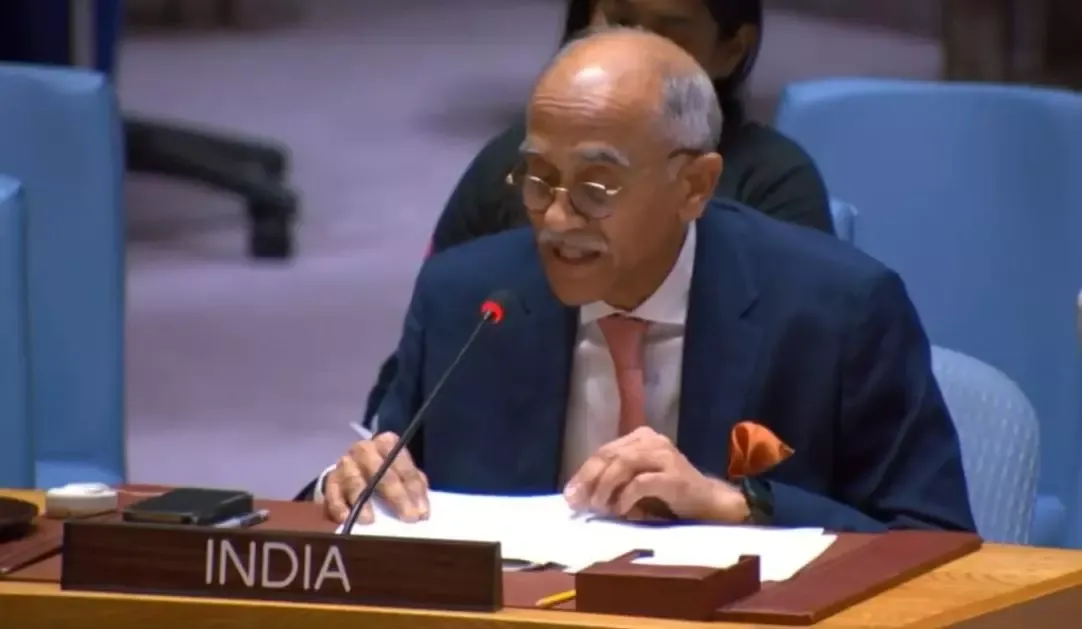
India’s Contributions to Palestinian Aid
India has provided over USD 170 million in aid to Palestine, including USD 40 million for ongoing projects. Over the past two years, India has delivered 135 metric tons of medicines and supplies to support Palestinian communities. These efforts, implemented bilaterally and in partnership with the UN and the Palestinian Authority, aim to foster rehabilitation and reconstruction. Harish emphasized that humanitarian aid is essential for rebuilding lives, but it must be complemented by economic frameworks to promote social development, investment, and employment opportunities.
India’s commitment extends beyond Gaza to the broader Middle East. In July 2025, India supplied 5 metric tons of essential medicines to Syria, reflecting its dedication to addressing humanitarian challenges in the region. Harish underscored India’s support for a Syrian-led political process and the normalization of Syria’s relations with its Arab neighbors, pledging continued assistance for long-term solutions.
India’s Role in UN Peacekeeping Missions
India’s contributions to UN peacekeeping missions in the Middle East are significant. Indian troops in the United Nations Disengagement Observer Force (UNDOF) have remained steadfast despite challenges, with Acting Force Commander Brigadier General Amitabh Jha making the ultimate sacrifice in December 2024. As the third-largest contributor to UNDOF, India continues to play a critical role in maintaining stability in the region. Harish also highlighted the importance of ensuring the safety and security of peacekeepers, particularly in the United Nations Interim Force in Lebanon (UNIFIL).
Looking ahead, India hopes that the Lebanese Armed Forces will be equipped to take on greater responsibilities as UNIFIL’s mandate evolves toward its sunset clause in 2026. The safety of peacekeepers is paramount, Harish noted, emphasizing that they must not become casualties of regional conflicts. India’s peacekeeping efforts reflect its broader commitment to fostering peace and stability across the Middle East.
Humanitarian Focus in Yemen and Beyond
The humanitarian crisis in Yemen remains a priority for India, with Harish stressing that aid must transcend political affiliations and reach all civilians. An immediate cessation of hostilities in Yemen would facilitate these efforts, he added. India is also focused on ensuring the safety of its nationals in Yemen, underscoring its desire for a stable and peaceful Middle East. India’s humanitarian initiatives are guided by the principle that all people deserve to live free from deprivation and conflict.
India’s vision for the region is rooted in universal values: the right to a dignified life, protection from violence, and access to essential resources. The country’s contributions to humanitarian aid, peacekeeping, and diplomacy reflect its commitment to these principles. By supporting the Gaza ceasefire and advocating for sustained dialogue, India is playing a pivotal role in shaping a peaceful future for the Middle East.
The Path Forward for Middle East Peace
The Gaza ceasefire agreement has generated significant diplomatic momentum, but its success depends on the commitment of all parties to honor their obligations. India’s call for continued talks underscores the importance of dialogue and diplomacy in resolving conflicts. The two-state solution remains a cornerstone of India’s policy, advocating for a sovereign Palestine coexisting peacefully with Israel. Harish reiterated India’s opposition to unilateral actions that could undermine the peace process, emphasizing the need for collaborative efforts.
The international community’s role in supporting Palestine’s reconstruction is critical. India’s contributions, including financial aid and humanitarian supplies, set an example for others to follow. By partnering with the UN and regional authorities, India is helping to build a foundation for long-term stability. The envoy also highlighted the importance of economic development, noting that sustainable growth is essential for improving living conditions in conflict-affected areas.
India’s broader engagement in the Middle East, from Syria to Yemen, reflects its commitment to addressing humanitarian challenges and fostering peace. The country’s peacekeeping efforts, particularly in UNDOF and UNIFIL, demonstrate its dedication to global stability. As the region navigates complex challenges, India’s balanced approach—combining diplomacy, aid, and peacekeeping—positions it as a key player in the quest for a peaceful Middle East.
Looking ahead, India remains hopeful that the Gaza ceasefire will pave the way for broader regional stability. By advocating for dialogue, supporting humanitarian initiatives, and contributing to peacekeeping, India is helping to shape a future where conflict gives way to cooperation. The international community must seize this opportunity to build on the ceasefire’s momentum, ensuring that peace and prosperity become a reality for the people of the Middle East.
Comment / Reply From
No comments yet. Be the first to comment!
